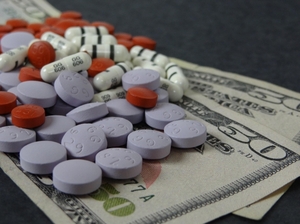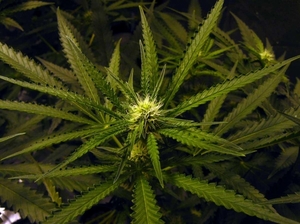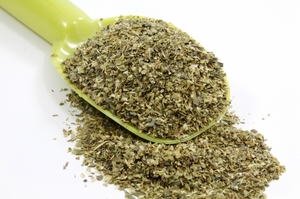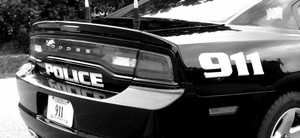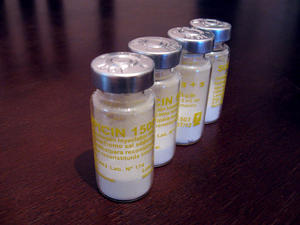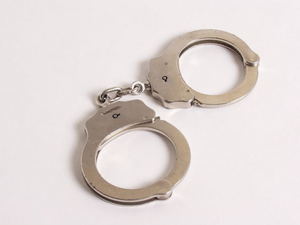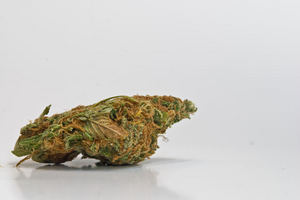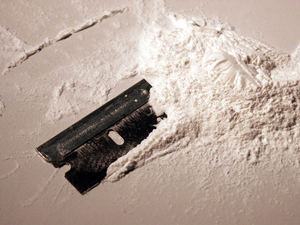Broward County commissioners have voted unanimously to slash the punishment for those caught in possession of small amounts of marijuana. The measure allows a person to be issued a civil citation instead of an arrest if:
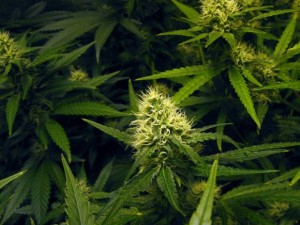
–The amount of the drug with which they are caught is 20 grams or less;
–The person did not also commit domestic violence, DUI or some other felony;
–The person has not had three or more prior citations for marijuana possession.
Commissioners at this point have taken it as far as they can. They cannot decriminalize a drug that is illegal under state (and technically, federal) law. That means police and prosecutors will be given discretion. They can choose to issue a citation that comes with a civil fine, or they can treat the offense as a misdemeanor.
 Fort Lauderdale Criminal Attorney Blog
Fort Lauderdale Criminal Attorney Blog


